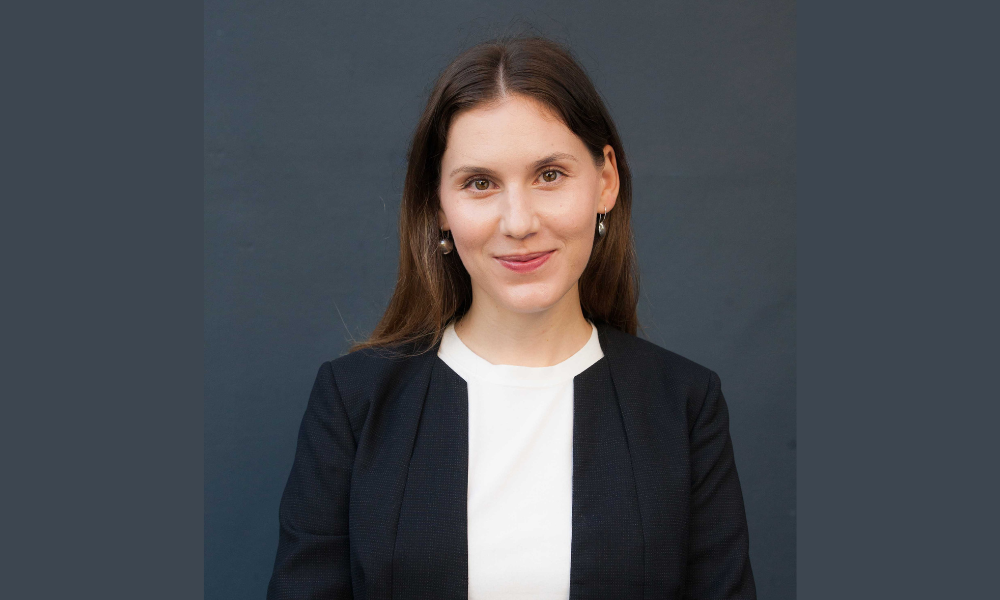
Growing up in a bushfire-affected area helped to drive Ashleigh Buckett's passion for climate change awareness

For Ashleigh Buckett, the generation’s greatest human rights challenge is the climate crisis. As someone who was raised in an area affected by bushfire, she developed an interest in climate change awareness and action, as well as community resilience.
Buckett recently joined the National Justice Project as a principal solicitor alongside Emma Hearne, and in her role as a co-head of the organisation’s legal team, Buckett is eager to champion the National Justice Project’s transition to the climate justice space.
In this interview, Buckett discusses the role of the Howard government in her decision to pursue law and learning French.What made you choose a career in law, and what's your favourite part of the job?
A number of experiences, including reading one of Geoffrey Robertson KC’s books at school and growing up witnessing the Howard government’s vilification of certain communities. I think that era was particularly dangerous for Australian democracy and rule of law and lawyers were a big part of the fight against that.
My favourite part of the job is getting to work with the National Justice Project’s incredible clients and team on issues that I really care about.
As someone who’s going to help lead the National Justice Project’s legal team, what new programs and initiatives are you particularly interested in championing?
I’m really excited for the National Justice Project to move into the climate justice space – the climate crisis is the greatest human rights challenge of our generation and it’s something our team cares deeply about. We are also in the process of finalising our Innovate Reconciliation Action Plan and look forward to launching it soon!
What in your opinion are the most pressing human rights issues in Australia today?
Sadly, there are too many to list but I would like to mention the continued failure to hold those responsible for Aboriginal deaths in custody to account and prevent future deaths; the ongoing cruel, inhuman and degrading treatment of refugees and, threats to freedom of expression and rule of law.
What has been your proudest accomplishment in the last year or so?
Improving my French language skills! I’ve been learning for years and find it a humbling and rewarding experience.
What should the profession focus more on?
I am happy to have seen advancements over the past decade in how our profession approaches mental health and bullying and sexual harassment – however, there is still much work to be done and I would like to see greater practical support for diversity, inclusion and equity.
What are the challenges you expect in the business of law in general going forward?
We hear a lot about how AI is reshaping the way we work but we should also be concerned by its impact on the rule of law and consider how as a profession we can safeguard against this.
What are you looking forward to the most in the coming year?
I have enrolled in a UTAS course about climate change awareness and action and am really looking forward to learning more. I grew up on Dharug Country in a rural area affected by bushfire and have a particular interest in community resilience and responses to the climate crisis.
If you weren’t in law, what do you think you’d be doing as a career?
I honestly cannot imagine doing anything else!